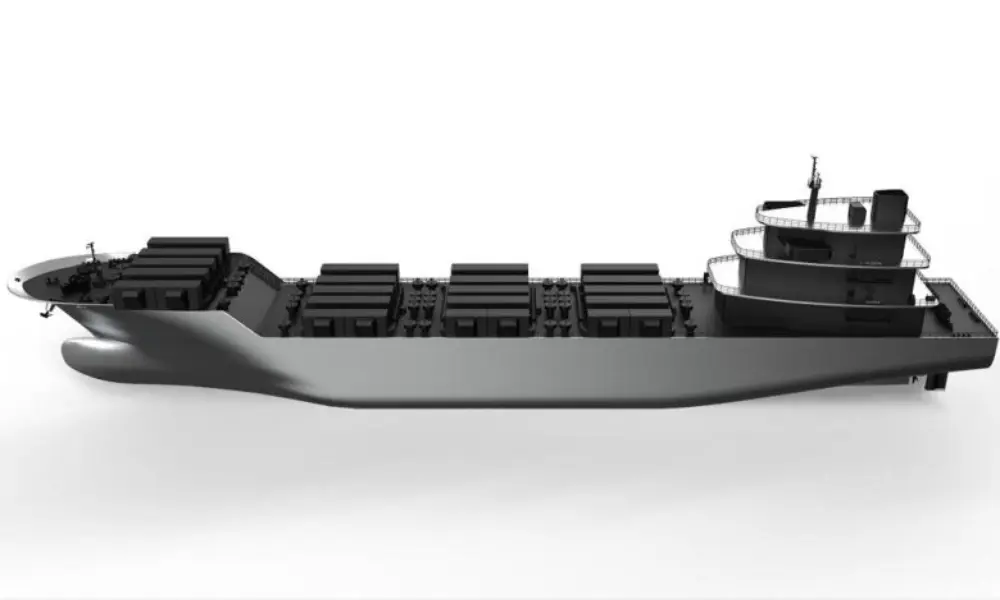The G20 has the power to accelerate funding for the blue economy shift by exploring innovative financial instruments like debt-for-nature swaps, blue bonds, and outcome-based payments. With India’s G20 presidency, a Think20 engagement group has been established to address how sustainable development goals can be achieved.
Closing the Biodiversity Finance Gap
To reach the Global Biodiversity Framework goal of protecting 30% of inland water, coastal, and marine areas by 2030, the world must address an annual finance gap of $27.7 billion. The T20 group’s report emphasized that 45% of the world’s coastlines are within G20 territories, making it crucial for these countries to promote funding to ensure that oceans contribute to these objectives.
Challenges to Securing Blue Economy Funding
Despite the pressing need for a sustainable blue economy, securing funding remains difficult due to the absence of well-established frameworks and regulatory mechanisms. This lack of consistency, transparency, and accountability undermines the credibility of blue investments. Additionally, harmful subsidies, like the $35 billion in global fishing subsidies in 2018, deter potential private sector investors from ocean-based projects.
The Role of G20 Governments in Catalyzing Transition Finance
The T20 group’s report calls on G20 governments to increase their efforts to facilitate funding for sustainable fisheries, integrated coastal zone management, better waste management on land, sustainable marine and coastal tourism, clean maritime transport, and offshore renewable energy projects.
Emerging Financing Mechanisms for G20 Governments to Explore
Debt-for-nature swaps, like Ecuador’s recent agreement that secured over $1 billion in domestic debt for the conservation of the Galapagos Islands, may be a viable solution. Additionally, blue bonds and loans could support sustainable marine development. Conservation outcome-based financing, such as sustainability-linked loans and bonds, is also worth considering. For example, South Africa’s Wildlife Conservation Bond for the protection of rhinos could be adapted to protect marine species or conserve small-scale fisheries.
Incorporating Parametric Insurance Products
The T20 group’s report further suggested that G20 countries explore parametric insurance products triggered by specific events. The Mesoamerican Reef Insurance Programme, which covers hurricane risk and contributes to reef restoration and local economic recovery, serves as an example.
Overcoming Hurdles with Public-Private Partnerships
By actively engaging with economic actors, including those who negatively impact ocean health, and concentrating on areas with the greatest need for adaptation, it is possible to overcome funding obstacles and jointly deliver rapid transition pathways for blue economy financing. To achieve this, public-private partnerships should be supported by both G20 governments and international financial mechanisms, leveraging recent innovation experiences.
The T20 groups, which are exploring a range of issues, play a vital role in the lead-up to this year’s G20 summit, scheduled to take place in New Delhi.



